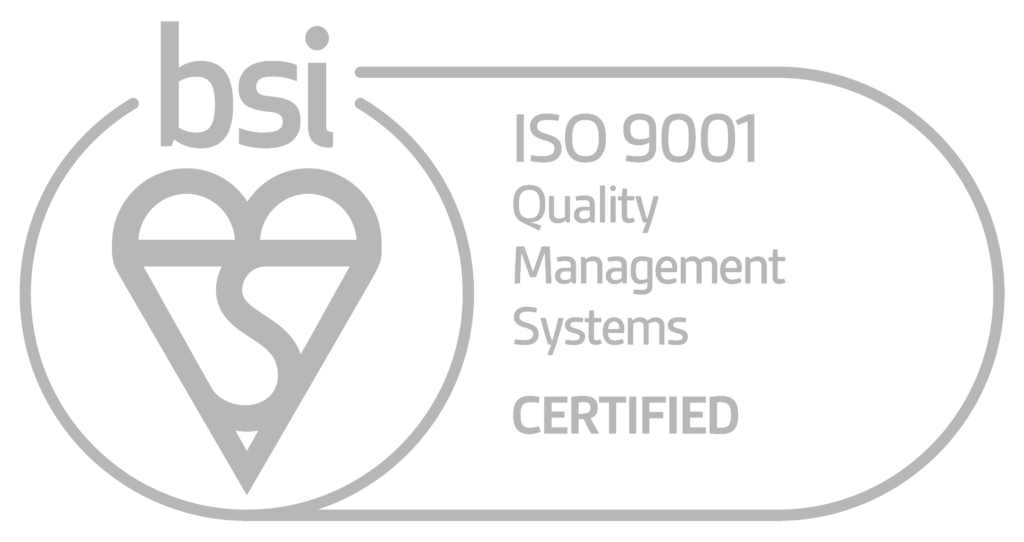The Importance of Linguistic Validation Services
Accurate linguistic validation is crucial for ensuring the validity and reliability of patient-reported outcomes (PROs) and other clinical instruments. Without a reliable translation process, clinical trials risk misinterpretation of key data, compromising patient safety and scientific integrity.
At Mirora, our commitment to high-quality linguistic validation ensures that every document meets stringent quality standards and maintains the original instrument’s intent across all languages and cultural contexts. This rigorous approach not only enhances data accuracy but also reinforces trust among stakeholders and regulatory bodies.
Linguistic Validation Services Areas of Use
Linguistic Validation for Clinical Trials
Clinical trials today are increasingly global, involving diverse patients, investigators, and healthcare professionals across different languages.
At Mirora, we specialize in linguistic translation and validation for clinical trials, ensuring that every document—from research reports to informed consent forms (ICFs) and patient-reported outcomes (PROs)—is accurately rendered and culturally adapted.
Linguistic Validation for Clinical Outcome Assessments (COAs)
Clinical Outcome Assessments (COAs) are critical tools in measuring treatment benefits and risks as reported by patients, clinicians, or observers.
Mirora’s linguistic validation service for COAs is designed to maintain the conceptual integrity and clinical relevance of these assessments across multiple languages.
Translating Patient-Reported Outcomes (PROs)
Patient-Reported Outcomes (PROs) are at the forefront of patient-centric clinical research.
Accurately capturing patients’ perspectives is vital for drug approvals and treatment evaluations. Mirora’s dedicated linguistic validation service for PROs guarantees that patients’ opinions, comments, and experiences are faithfully translated.
Linguistic Validation for Clinician-Reported Outcomes (ClinRO)
Clinician-Reported Outcomes (ClinRO) assess key health indicators and treatment effects from a clinical standpoint. These assessments demand a precise translation process to maintain their scientific and clinical accuracy.
At Mirora, our linguistic validation service for ClinROs leverages industry-leading methodologies to ensure that every assessment document is thoroughly validated.










